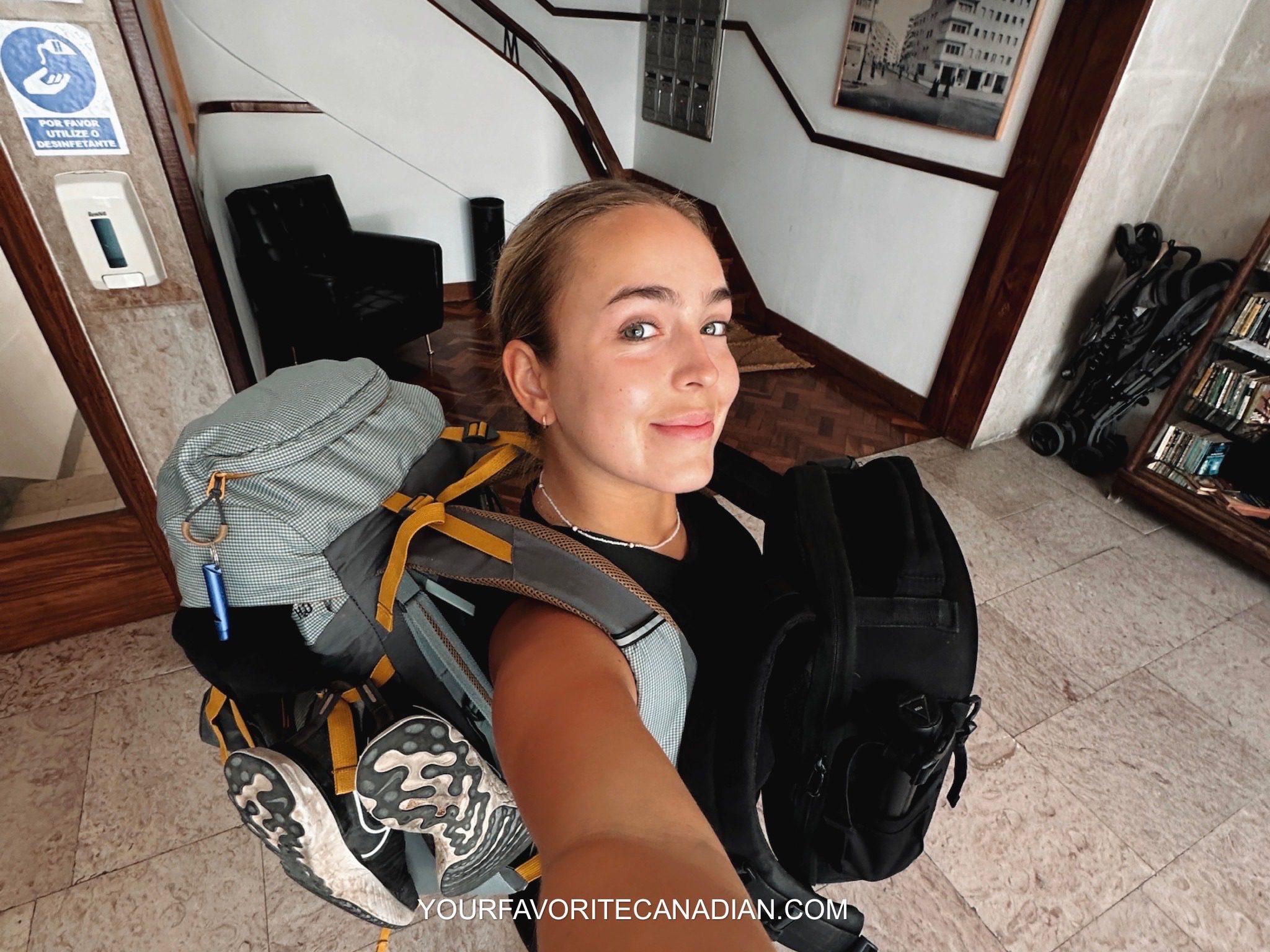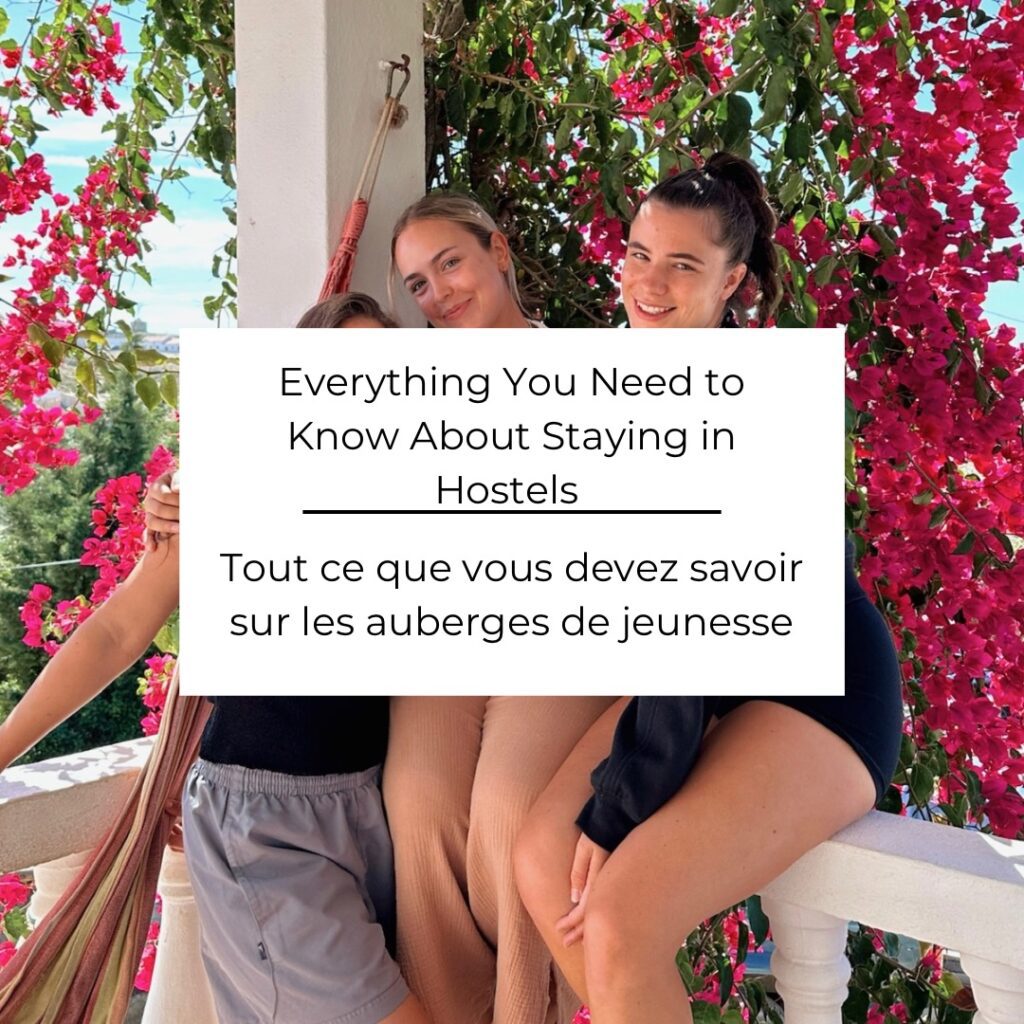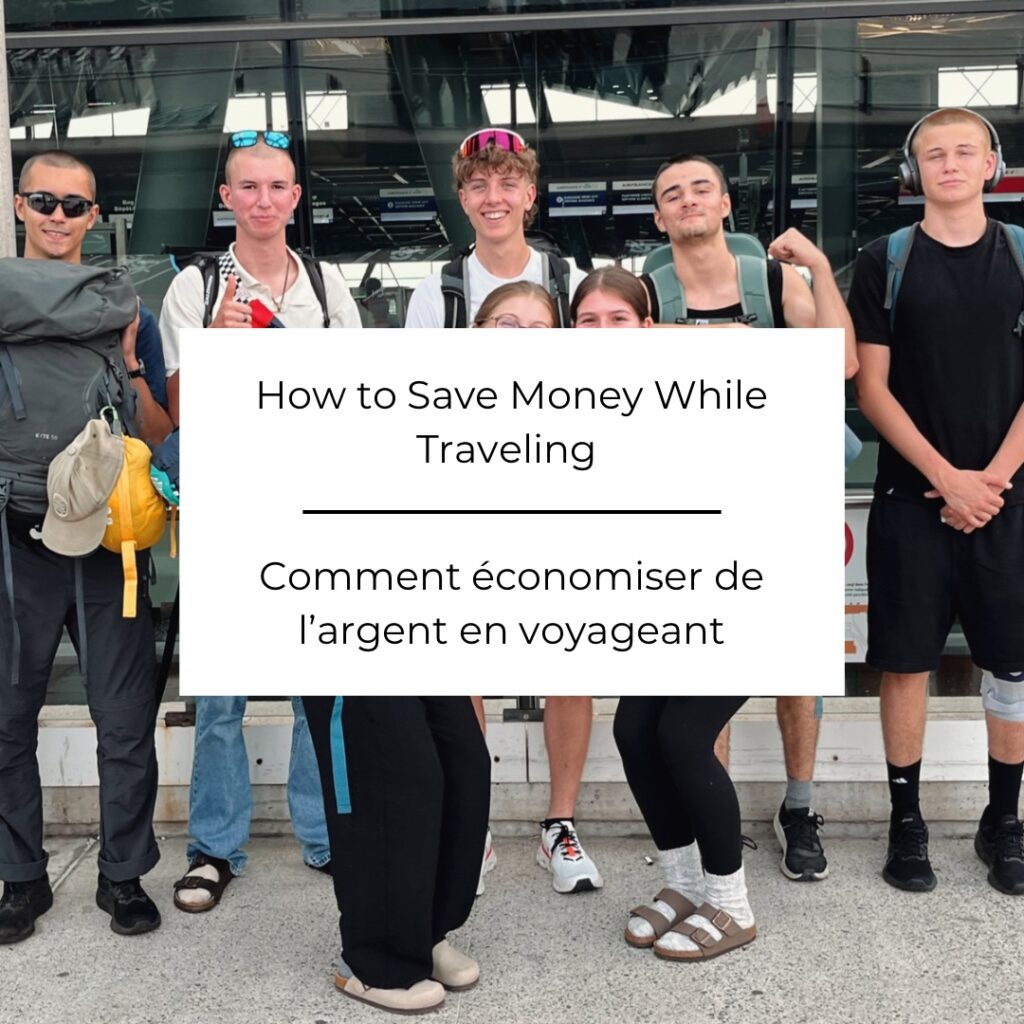Embarking on a solo adventure is an incredible opportunity for freedom, independence, and self-discovery. However, traveling alone also comes with unique challenges and safety concerns. Regardless of where you’re headed, following some essential safety guidelines is crucial for ensuring a smooth and enjoyable journey. Below, we’ve organized 12 essential tips into three categories to help solo travelers navigate the world with confidence: Personal Safety, Health and Wellbeing, and Communication and Planning.
- How to Stay Safe in Taxis
- Bring Padlocks for Hostels
- Carry a Small Personal Alarm
- Trust Your Instincts
- Avoid Flashing Valuables
- Secure Your Valuables – Use a Crossbody Bag
- Respect the Local Culture
- Keep Emergency Numbers Handy
- Keep Your Phone Charged
- Stay Connected
- Learn Basic Phrases
- Travel Insurance
1
Personal Safety
How to Stay Safe in Taxis
Using taxi apps like Uber is highly recommended (or the equivalent in other countries). These apps provide several safety benefits:
- Fixed Pricing: The apps offer a fixed price for your journey upfront, which helps avoid potential scams or overcharging by drivers.
- Driver Details: You can access the driver’s personal information, vehicle details, and even track the route in real-time. This transparency reduces the likelihood of crime since the driver can be easily identified.
- Rating System: After your trip, you can rate your driver, which adds another layer of accountability.
Tip: Always check that the car and driver match the information provided in the app. If anything seems off, cancel the ride and request another one.
Bring Padlocks for Hostels
If you’re planning to stay in hostels, security should be a top priority. Most hostels provide lockers where you can store your belongings, but you’ll need to bring your own lock.
- Quality Padlocks: Invest in a strong, reliable padlock. Look for ones that have a flexible shackle since they offer better fits for the different types of lockers.
- Combination Locks: Consider using a combination lock rather than a key lock, so you don’t have to worry about losing keys.
Carry a Small Personal Alarm
A personal alarm is a simple yet effective tool that can enhance your safety while traveling solo.
- Loud Alarm: The loud sound emitted by a personal alarm can startle a potential attacker, draw attention to your situation, and give you a chance to escape.
- Portable and Accessible: Choose a compact alarm that is easy to carry and attach it to your bag or keychain for quick access.
- Peace of Mind: Even if you never have to use it, carrying an alarm can provide peace of mind and an added sense of security.
Tip: When purchasing, check reviews to ensure the alarm is reliable and loud enough to be effective in an emergency.
Trust Your Instincts
It’s better to be cautious and avoid unnecessary risks. Your safety is always the top priority. Your intuition is a powerful tool when traveling alone. If something feels off, it probably is.
- Listen to Your Gut: Whether it’s an unfamiliar person, a sketchy location, or a strange situation, don’t hesitate to remove yourself immediately.
- Stay Alert: Always be aware of your surroundings, especially in unfamiliar areas or during nighttime.
Avoid Flashing Valuables
One of the simplest ways to protect yourself from theft is to avoid drawing attention to your valuables.
- Discreet Storage: Keep expensive items like jewelry, cameras, or large amounts of cash out of sight. Use discreet bags or cases to carry your belongings.
- Minimalist Approach: When exploring, only carry what you need for the day and leave unnecessary valuables in a secure location.
Secure Your Valuables – Use a Crossbody Bag
A crossbody bag with a zipper is one of the safest ways to carry your essentials while traveling.
- Wear It Properly: Wear the bag across your chest with the bag in front, making it difficult for thieves to grab.
- Anti-Theft Features: Look for bags with anti-theft features, such as lockable zippers or slash-resistant straps, for added security.
- Keep It Close: Always keep the bag close to your body, especially in crowded areas or public transportation.
Tip: Some bags come with RFID-blocking pockets to protect your credit cards from electronic theft.
Stay connected! Follow us on social media for exclusive content & updates on our travels.
On our website, you’ll find all the essential information and tips, while on our social media, you’ll get even more – including personal experiences, funny moments, stunning videos, and much more!
2
Health and Wellbeing
Respect the Local Culture
Understanding and respecting the local culture can significantly enhance your safety and experience as a solo traveler.
- Dress Appropriately: In many cultures, dressing modestly is important, especially when visiting religious sites. Research local customs beforehand to avoid unintentionally offending locals or drawing unwanted attention.
- Observe Local Customs: Be mindful of local practices and traditions. For example, in some countries, it’s customary to greet with a bow rather than a handshake.
- Learn the Etiquette: Simple gestures like removing your shoes before entering a home or temple can show respect and help you blend in.
Tip: Before you travel, read up on the cultural norms of your destination to ensure you’re prepared and respectful.
Keep Emergency Numbers Handy
Having local emergency numbers at your fingertips is crucial in case of any emergencies.
- Save in Your Phone: Save local emergency numbers for police, medical services, and your country’s embassy or consulate in your phone.
- Write Them Down: In case your phone battery dies, write down these numbers and keep them in your wallet or another easily accessible place.
- Know the Local Language: If possible, learn how to say “help” or “emergency” in the local language.
Keep Your Phone Charged
Your phone is a lifeline for communication, navigation, and emergencies, so keeping it charged is essential.
- Carry a Power Bank: A portable power bank ensures you have backup power if your phone battery runs low. Choose a power bank with enough capacity to fully charge your phone at least once.
- Use Battery-Saving Modes: Enable battery-saving modes on your phone to extend its life when you’re out for long periods.
- Chargers: Carry a charger with you if you know you’ll be near a power outlet during the day, such as in cafés or public spaces.
Tip: Check your power bank’s capacity and charge it fully before heading out each day.
3
Communication and Planning
Stay Connected
Maintaining regular communication with loved ones is vital for solo travelers.
- Share Your Itinerary: Before your trip, share your travel itinerary with trusted friends or family members. Include details about your accommodation, flights, and any planned activities.
- Use Location Sharing Apps: If you have a smartphone, use location-sharing apps, like “Find My” for iPhones, to share your real-time location with your loved ones.
- Check In Regularly: Make it a habit to check in with someone at home at regular intervals, especially if you’re traveling to remote areas.
Tip: Set up a daily or weekly check-in schedule so your loved ones know when to expect updates from you.
Learn Basic Phrases
Knowing a few basic phrases in the local language can be incredibly helpful, especially in emergencies.
- Emergency Phrases: Learn how to say essential phrases like “help,” “emergency,” “police,” and “I need a doctor” in the local language.
- Polite Expressions: Simple words like “please,” “thank you,” and “excuse me” can go a long way in showing respect and fostering positive interactions.
- Translation Apps: Consider downloading a translation app that works offline, so you can communicate even without internet access.
Travel Insurance
Having comprehensive travel insurance is a must for any solo traveler.
- Coverage: Ensure your travel insurance policy covers medical emergencies, theft, and trip cancellations.
- Emergency Assistance: Choose a policy that includes 24/7 emergency assistance services, so you can get help whenever you need it.
- Document Your Belongings: Keep a record of your valuables, including receipts and photos, in case you need to file a claim.
By following these tips, you can enhance your safety and confidence as a solo traveler, ensuring that your journey is both exciting and secure. Whether you’re exploring a bustling city or a remote village, these precautions will help you navigate your adventures with peace of mind.
What’s Next?
Now that you know the top safety tips, it’s time to plan your trip! Here are some articles that could be helpful :
Don’t want to miss out on our latest articles? Be sure to subscribe to our website, and you’ll receive a notification every time we publish something new!






